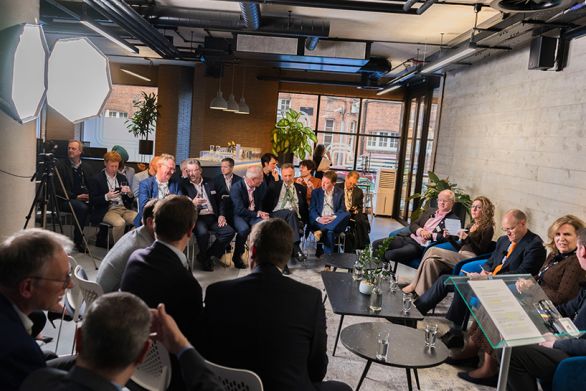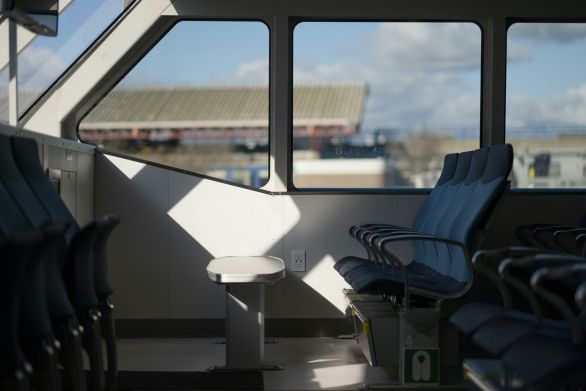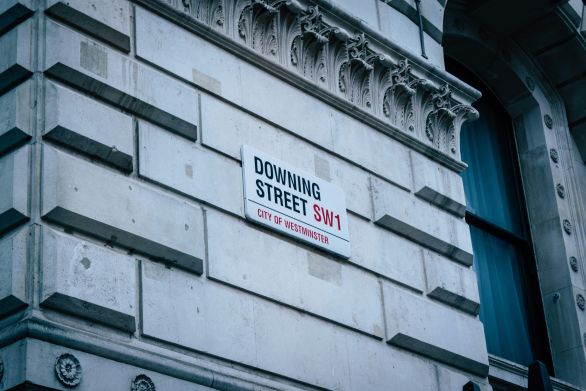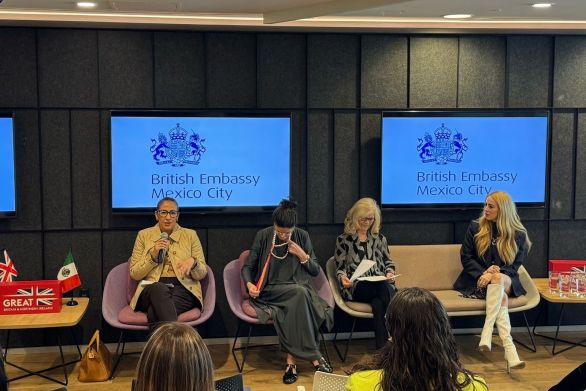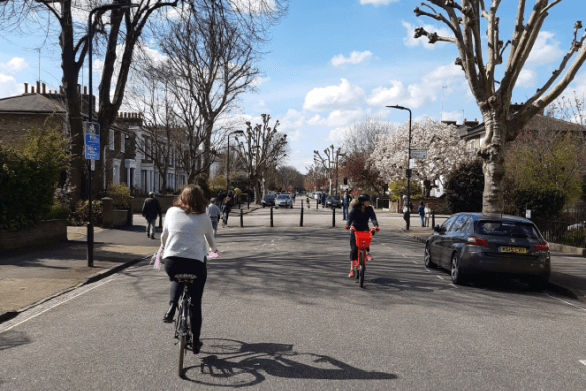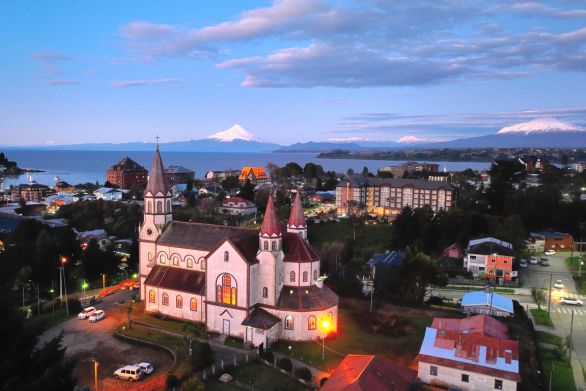The latest round of UK local and mayoral elections has proven that transport is higher up the political agenda than ever before, and (for better or worse) it’s here to stay. Five years on from the time when most UK local authorities declared a climate emergency, it is apparent that achieving our transport decarbonisation targets will require significant changes to the way we all travel. It is also clearer now than ever before that our aspirations for healthier and fairer places hinge on better engagement with communities: engagement that is tailored to people’s individual values, beliefs and ability to change.
Local elected Members are in constant and meaningful communication with their communities and so are well placed to understand both what’s important and how to reach and communicate with them more effectively. As transport planners, we should embrace transport’s current profile and recognise the power of local councillors, MPs and Metro Mayors to both shape transport proposals and to communicate them more effectively.
Steer recently completed a collaborative visioning exercise with local councillors and officers in Sheffield, working closely with Sheffield City Council’s cross-party Transport, Regeneration and Climate Committee to develop a new transport vision. The vision brought together a range of existing policies and proposals into a single document, setting out why change was necessary and what the council and its partners were doing to deliver a more sustainable transport system for local people.
It was an exciting and refreshing project to work on because it required true collaboration and effective communication to understand the issues that are important to the residents and businesses that councillors serve.
We spent time discussing how to communicate proposals in a way that is likely to resonate with local people and sharing evidence on what works and what has been achieved in other towns and cities by implementing similar interventions. Working iteratively and at pace with members, meeting them in person every fortnight over a two-month period and sharing draft material as we prepared meant a commitment to open dialogue and a focus on building consensus from day one.
We also worked closely with officers from across the city council to ensure that the vision accurately reflected what the council was trying to achieve on a range of related topics and to ensure that transport vision was supporting wider aspirations.
We need to listen carefully to the opinions of Members on the best way to engage and communicate with the communities they serve and equip them with the evidence and compelling stories they need to support two-way dialogue with local people. It is crucial to give politicians the support that they need to show strong leadership and to communicate the need for change more effectively than ever before.
The political will to drive change is essential, and on this project, we learned to embrace different perspectives, involve members proactively to build trust, work at pace, communicate clearly and concisely, focus on why change is needed (as well as what is proposed), use stories to bring the strategy to life and give Members the support they need to have well-informed conversations with their local communities.

